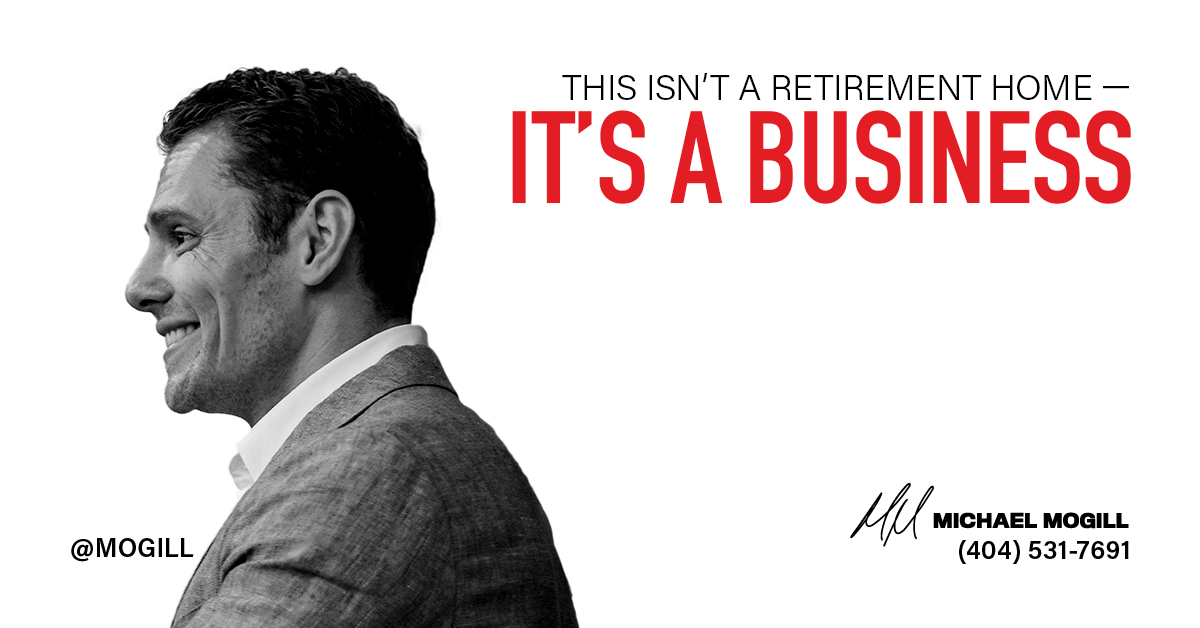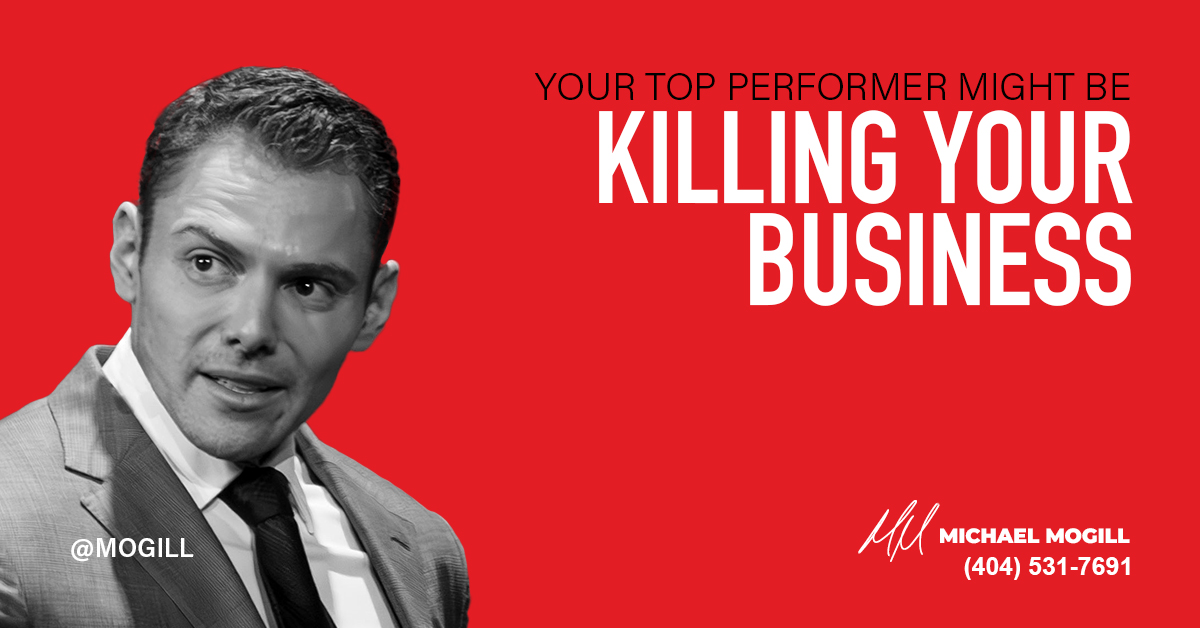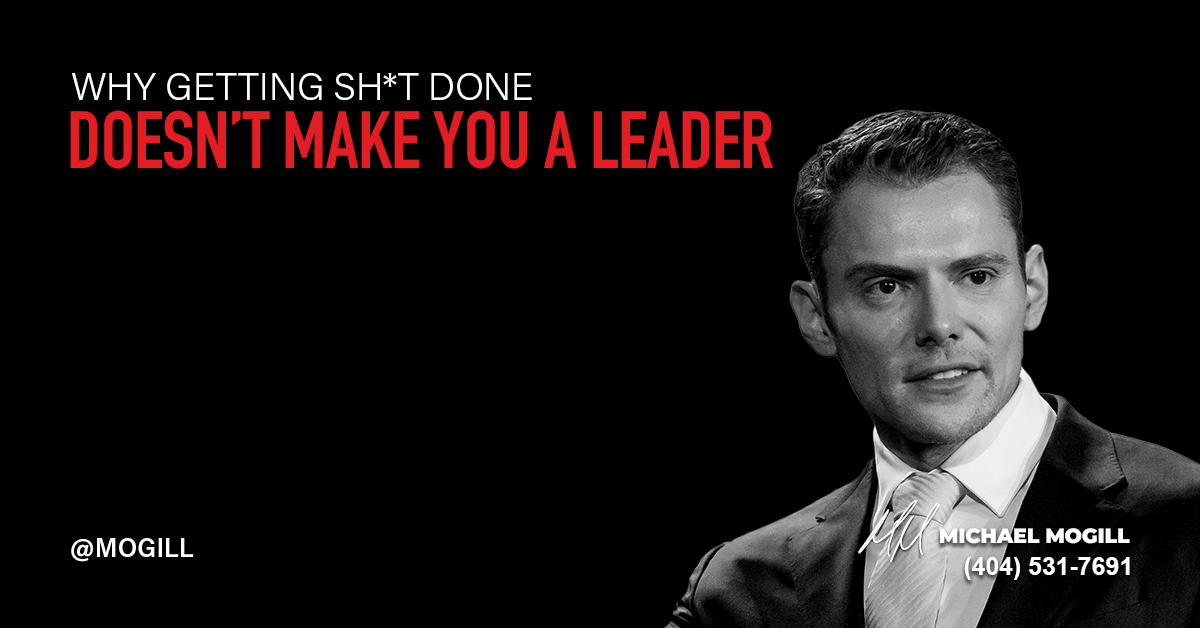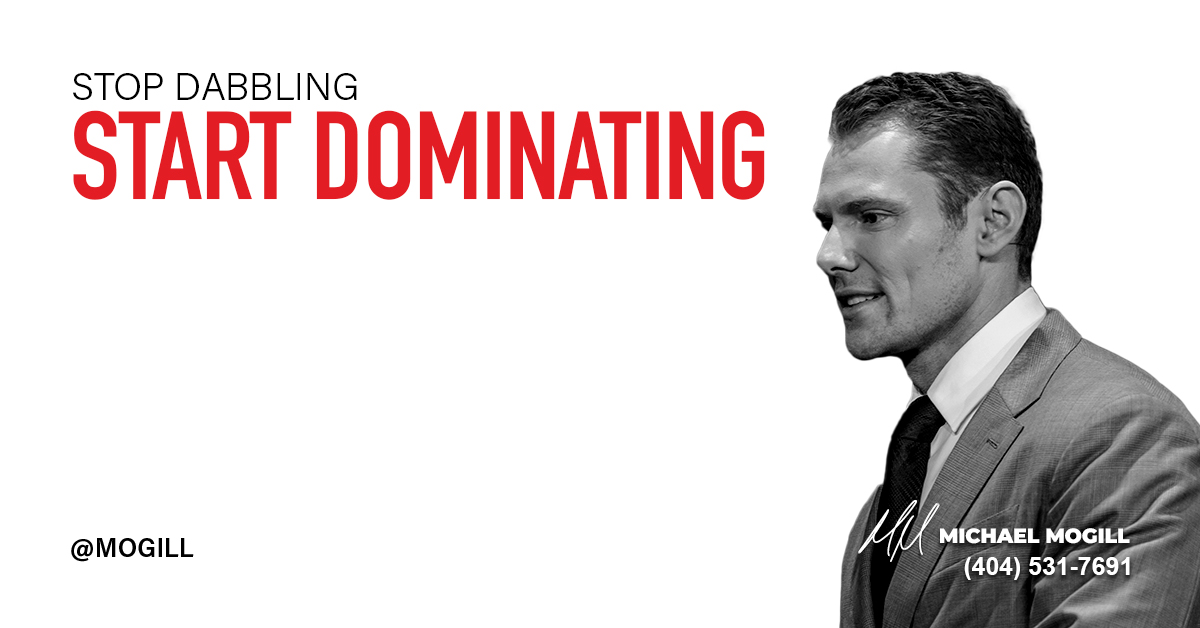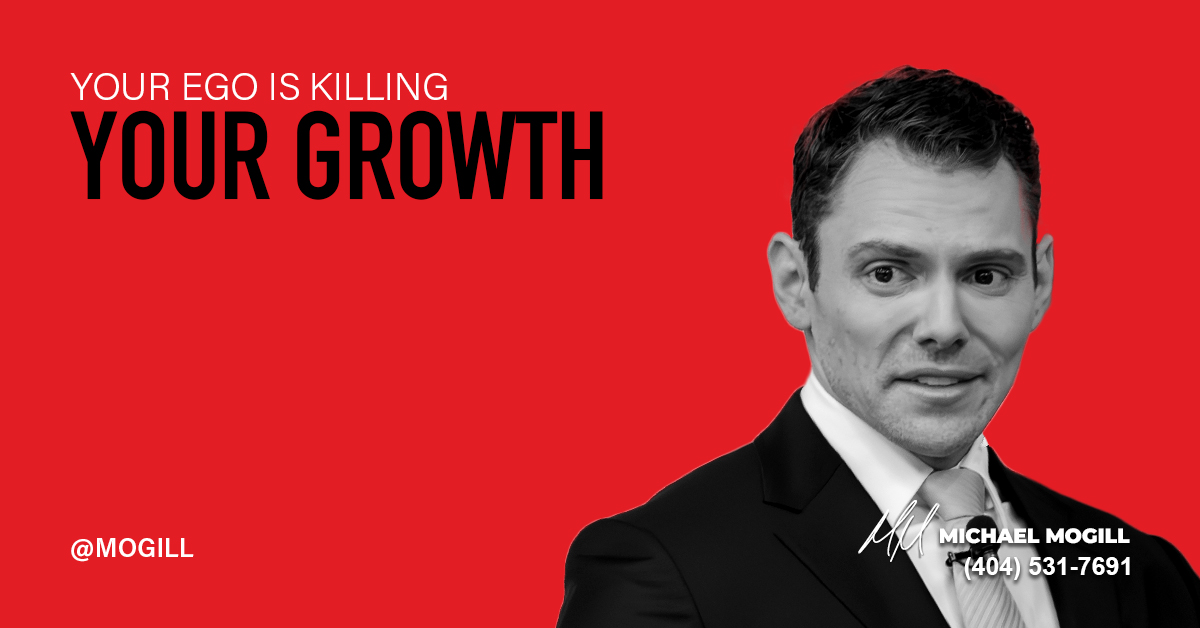In professional football, the only thing that ultimately matters for a player’s advancement is their performance. No one cares what school they came from, how much their last contract was, or if they’ve got a Heisman trophy collecting dust on the shelf. The only thing that matters in training camp is whether or not the player can help the team win.
It’s performance over the past. Results over resumes.
So if the NFL is the ultimate meritocracy, then why aren’t we treating our businesses the same way? Why do so many business leaders run their companies like family reunions instead of high-performing sports organizations?
I often hear CEOs and business leaders say that they want to build a high-performing team, keep growing their revenue, and make a massive impact on their community (and beyond). Yet these same leaders are unwilling to make the tough decisions that high performance actually requires.
They set no clear standard, they don’t enforce accountability, and they let comfort take priority over competition.
High performers hate that.
Top talent doesn’t want to work in a cushy environment where everyone gets a participation trophy for showing up. They want to be on a team that’s gunning for championships.
They want to work at a place where their performance is mentally challenging, their teammates are sharp, and the mission is bold — so they can be pushed to grow and evolve into the best versions of themselves.
High performers make low performers feel uncomfortable because they don’t like similarly challenging environments.
Those low performers will say: “I’ve been here for 15 years.” But so what? Progress isn’t measured in years. It’s measured in accomplishments.
If someone’s been at a company for 15 years and still can’t figure out how to use an iPad, all that points to is their stagnation. In this market, you don’t get a pass because you’re unwilling to adapt. Saying “I don’t get this AI stuff” or “I just can’t figure out the case management system” isn’t a personality quirk. It’s a liability. You don’t need to be a tech genius. You just need to be willing to learn.
When the needs of the organization evolve — as they always do — you’ll have to choose between evolving with them or getting left behind.
There was a time when you could master a skill, lock it in, and coast into retirement, but that time is over.
The pace of change today demands continuous growth.
The job you were trained for 10 years ago may not even exist 10 years from now — and it’s your responsibility to keep up.
Look at medicine. Imagine if doctors who have practiced it for decades refused to update their skills to include more modern, safe, and efficient procedures and treatments. They’d get rightfully left behind.
The market doesn’t care how long you’ve been around. It only cares if you can deliver.
If someone truly wants to check out and live off a universal basic income, binging Netflix most days — great for them. But let’s stop pretending like they belong on a high-performing team.
A business is not a retirement home or a place to coast. It’s a mission and a movement — and if you’re not learning, growing, and showing up to win, then you’re not playing the same game the rest of us are.
Because your business is a business too, and it’s time we stop forgetting that.


